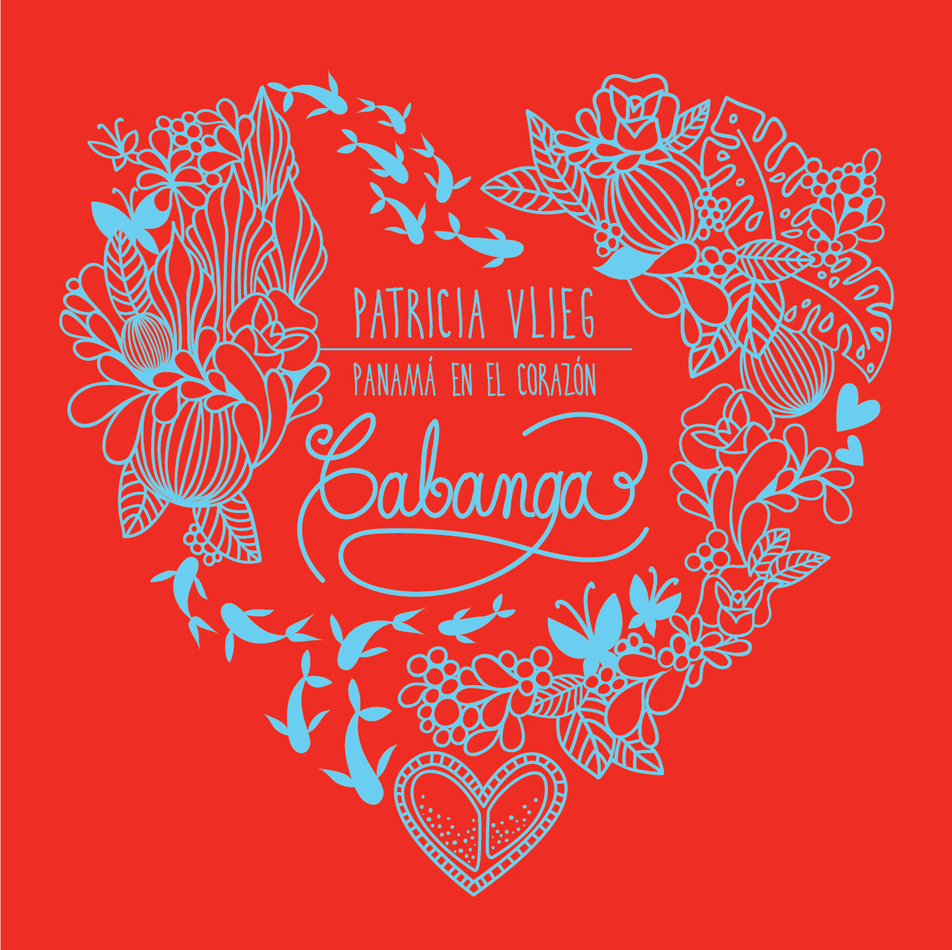Here are the musicians who contributed to the “Cabanga” album:
Patricia Vlieg: Vocals on all tracks
Popi Spatocco: Piano, musical direction and arrangements on all tracks except 7 and 11
Ricardo Cánepa: Double bass on all tracks except 7, 9 and 11
Facundo Guevara: Percussion on all tracks, except 3, 7, 10 and 11
Milagros Blades: Pujador (hand drum) on tracks 1, 2, 9 and 13; Repicador (hand drum) on tracks 1, 4, 9 and 13; Azuerense box drum on tracks 9 and 13; Chorrerana box drum on track 2
Vilma Esquivel: Guitar on tracks 2, 3 and 14
Ruth García: Violin solo on track 1
Carlos Castro: Saloma (vocal improvisation) and shouts on track 2; Shouts on track 13
Jorge Bergero: Cello solo on track 2
Marcelo Chiodi: Quena (Andean flute) on track 2; Sikus (Andean panpipes) on track 14
Paquito D’Rivera: Clarinet on track 3
Edmar Castañeda: Harp on track 3
Pablo Fenoglio: Trombone on track 4
Roberto Calvo: Guitar on track 5 and arrangement on track 7
Damian Bolotín: Violin solo on track 5
Laura Hackstein: Viola solo on track 8
Berta Rojas: Classical guitar on track 7
Daniel Lifschitz: Flute on track 9
Natalia Silipo: Oboe on track 9
Daniel Kovacich: Clarinet on track 9
Diego Armengol: Bassoon on track 9
Juan Quintero: Vocals on track 10
Efraín González: Mejoranera (Panamanian folk guitar) on track 10
Lilián Saba: Piano and arrangement on track 11
Colaquito Cortés: Accordion on track 13
Yaelis Urriola: Vocals on track 13
Eric Blanquicet: Congo drums (low and dry) on track 14
Luna Monti: Vocals on tracks 10 and 14
Lila Downs: Vocals on track 14
Mónica Salmaso: Vocals on track 14
Maridalia Hernández: Vocals on track 14
Damián Bolotín, Sebastian Prusak, Grace Medina, Raúl Di Renzo, Cesar Rago: Violins on tracks 1, 2, 3, 5, 8, 13 and 14
Laura Hackstein, Kristin Bara: Violas on tracks 1, 2, 3, 5, 8, 13 and 14
Jorge Bergero: Cellos on tracks 1, 2, 3, 5, 8, 13 and 14
Kasagia Jiménez: Choir preparation on track 13
Camila Bolívar, Gabriela Edwards, Julliette Joyce, Francesca Rovetto, Regina Francolini, Isabella Carbonell, Pilar Jiménez, Elena Castro Valencia, Ana Gabriela Gerbaud, María Elena Gerbaud, Ana Gabriela Correa, Olga Spiegel, María Fernanda Achurra, Isabella Chowkai, Teresa Varela, Yaelisdania Urriola B., Yarelis Urriola B.: Choir on track 13
Musical Direction and Arrangements: Popi Spatocco on all tracks, except track 7 with arrangement by Roberto Calvo and track 11 with arrangement by Lilián Saba.

